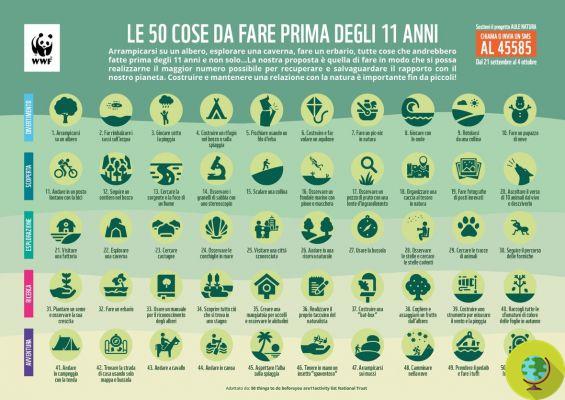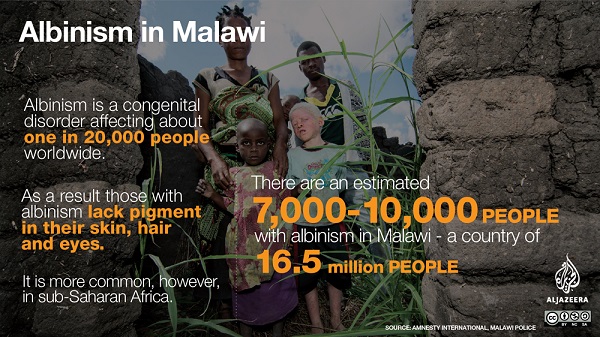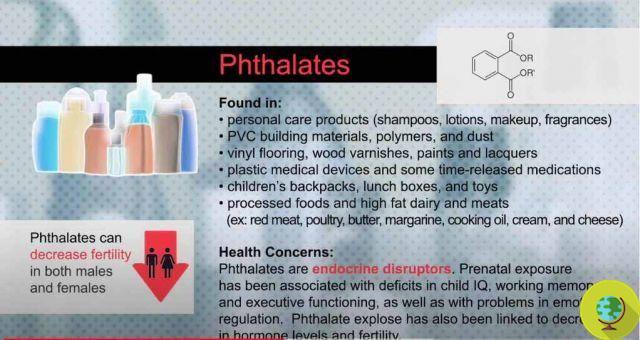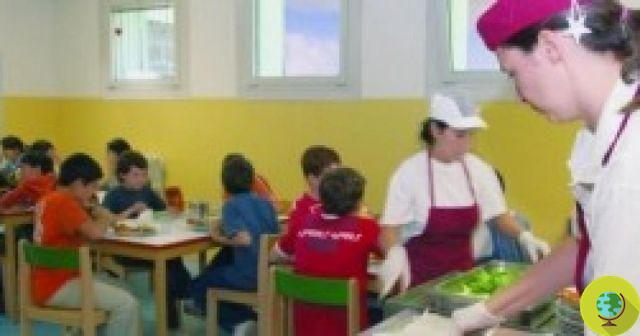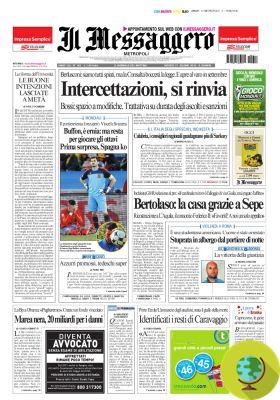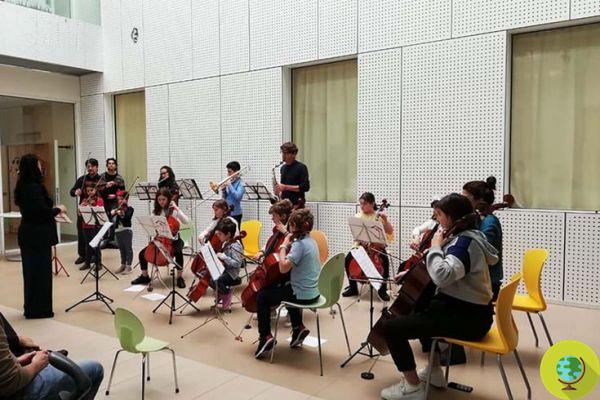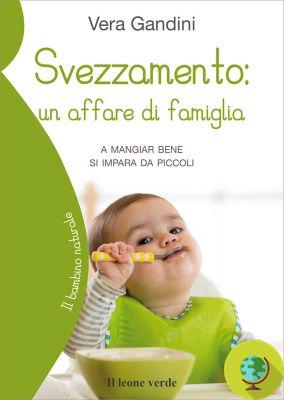
The weaning period is, as mothers certainly know, a very delicate and often challenging period. The delicacy and commitment are not due, as far as one might think, only to the transition from milk (maternal or artificial) to "normal" food.
Don't store avocado like this: it's dangerous
The period of the weaning it is, as mothers certainly know, a very delicate and often demanding period. The delicacy and commitment are not due, as far as one might think, only to switching from breast milk or formula to "normal" food.
In fact, there are other components that make this one delicate phase and worthy of all the attention.
In reality, the child, as well as the adult man, not only has the need for physical nourishment, but, being a inseparable whole of mind, body and soul, requires specific nourishment for all these spheres that compose it.
Thus weaning does not only involve the aspect of physical food, but also that of mind and soul. Let's see how.
The mind
The small child does not yet naturally have a developed rational mind, but the adults who take care of him and who occupy the environment in which he lives do. So, at this very moment when the child begins for the first time to open up to the world, to the new, accepting that others, besides his own mother, come into contact with him, it is important that the thoughts of others and the surrounding energy environment are as pure and elevated as possible. In this way his infinite sensitivity is not affected.
The body
Here is fully part of the speech of nutrition which I will write to you shortly. In addition to nutrition, we cannot overlook the fact that in this period the child begins to have his own first conscious contacts with the outside world (especially from 9 months), a to crawl and then to walk (from about the year).
A good weaning from this point of view provides the protection and support from the mother, very present (not to put the baby in danger) but at the same time non-invasive (to allow him to make his first discoveries, his first experiences, to know the world and to experience its relationship with it).
The soul
This is indeed such an important aspect, so much so that it even manages to influence the other two. The soul is the keeper of the talents and of the your child's life plan. To give her honor be present, welcome all his needs, help him express feelings, don't judge him.
Be like the good farmer is with his plants: give your best to guarantee fertile ground, growth "according to nature", and for the rest have faith, wait and let Life take its course.
On this occasion I want to deepen with you in particular the weaning from the point of view of nutrition. There are three big points that every mom can pay attention to:
Index
Detachment from the mother's breast
Gently accompany him during the detachment from the mother's breast. The detachment from the breast it can never happen from a rational decision of the mother, neither from hearsay, nor from any external influence.
Il detachment must be slow and gradual (progressively definitive starting from about 9 months, never before) and must follow the feelings of the mother and that of the child: if both are not ready, if there is no affective maturity on the part of both from this point of view, the abrupt elimination of intimate contact with the breast could lead to emotional imbalances in the relationship, which would produce emotional shortcomings in the future.
Un harmonic detachment can take place following the natural need of the child to "autonomous" affectively and even physically from one's mother to begin discovering the outside world.
By the way, I remind you that human cubs, like other mammals, need only their mother's milk, slowly suspended, is replaced with cow's milk or other types of milk, neither for breakfast (fruit smoothies are fine), nor as "sedative and comforting remedy"Before bedtime. The above also applies to non-breastfed babies, who have received nourishment through a bottle of artificial milk.
Support him while he makes friends with the spoon
This is a very significant aspect that shouldn't go unnoticed. Your son has known for at least the first 5 months or so of his existence, exclusively the softness and warmth of your nipple, and here he is to receive another type of food, of different color, flavor and texture, by means of one Rather hard and cold "tool": instill trust in him, respect him, give him the necessary time, support him with all your love. If she feels happy and trusts you, he will also trust what you offer him and will gladly accept it.
Prefer live, vital and natural foods
"Man is what he eats ", if the food you give to your child is fresh, full of energy, natural, he too can grow in the name of well-being and vitality.
In particular:
- from the 5th / 6th month you can start adding pureed fruit, for example during the afternoon, for a "snack". Its sweet taste is similar to milk and will make even the teaspoon more appreciable.
- after about 15-20 days you can start introducing the pureed vegetables (maybe the sweeter one like carrot or beetroot) for lunch, together with raw cereal flours
However, your child receives all the nutrients already from raw fruit and vegetables (in addition to self-digestive enzymes, amino acids for the production of proteins, mineral salts, etc.), to which is added the energy of love with which you you prepare them. So there is no rush for introducing everything else. Anyway:
- you can enter i legumes around the 6th / 7th month
If you don't envision fruitarianism, veganism or vegetarianism for your child, I still recommend that you do not introduce meat and fish before the year. Your child must already be autonomous in chewing them, even if anatomically man was not created by nature to assimilate meat without harmful effects.
- I dairy products do not provide nourishment, they do not introduce assimilable calcium due to pasteurization, but only mucus which favors the onset of diseases such as ear infections, allergies, colds, etc.
- Quench it with water only. Avoid sugary juices and drinks. You can possibly resort to herbal teas, if they are needed for a specific case limited in time: for example the Melissa in case of nervous tension, abdominal pain, colic.
- Avoid using salt as much as possible. In truth we don't need it: fresh fruit and vegetables are rich in mineral salts and are already very tasty in themselves. Salt prematurely alters the sense of taste and over time it can cause, as we know, cardio-circulatory problems and early hypertension. It is also caustic and burns the tissues of the body by drawing water (which is why we are thirsty when we eat a lot of it).
- Get used to it a familiarize yourself with all colors, all tastes and all textures. The world is not black and white, it is full of life and fragrances: food is a great way for your child to get to know all the diversities and to appreciate the "taste of life ". If the reference adult appreciates them all, he will do the same. When children do not like fruit or vegetables, for example, in many cases they do not even like mum and dad. If you are the first to dislike simple and natural foods, how can your child do it?
- Don't mix too many foods together: savoring one taste at a time, you will be better able to get used to liking them and will be facilitated in the complete development of the sense of taste.
- Do not combine cereals and legumes with fruit. Fruit, with the exception of apple and pineapple, ferments when paired with cooked food, causing problems with digestion and assimilation of nutrients.
- Always avoid white sugar right away, a real poison for the body. If you really need to sweeten you can choose for example honey, malt or stevia rebaudiana.
These are just a few simple tips that certainly do not exhaust what could be said on the subject.
The message I want to leave you today is: see your baby as a unity of mind, body and soul. If weaning takes place in a harmonious and complete way in all three aspects, then it is inevitable that this phase passes with serenity, joy, and that it becomes an opportunity for growth and understanding not only for your child, but also for you.
www.bimbiveri.com
Roberta Cavallo is a writer, trainer, naturopath specializing in childhood, parenting counselor. Teacher of relaxation techniques, mandalas and interpretation of children's drawing. For the past five years, you have managed a residential center with children in foster care collaborating with social services. She has conducted courses at state middle schools, residential courses for adolescents and children and masters in pediatric naturopathy for nurses, midwives, teachers and parents. You receive in the studios of Turin and Asti.
Read also:
- Weaning: 10 reasons to prepare baby food and baby food at home




